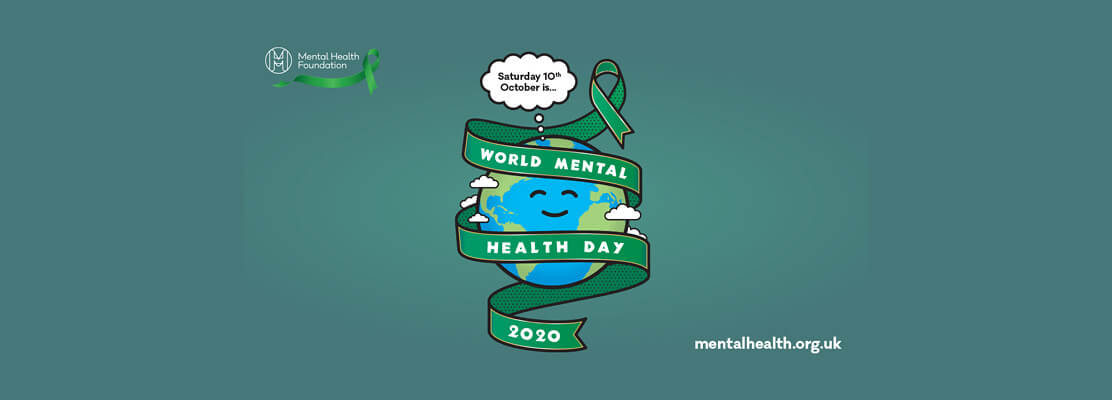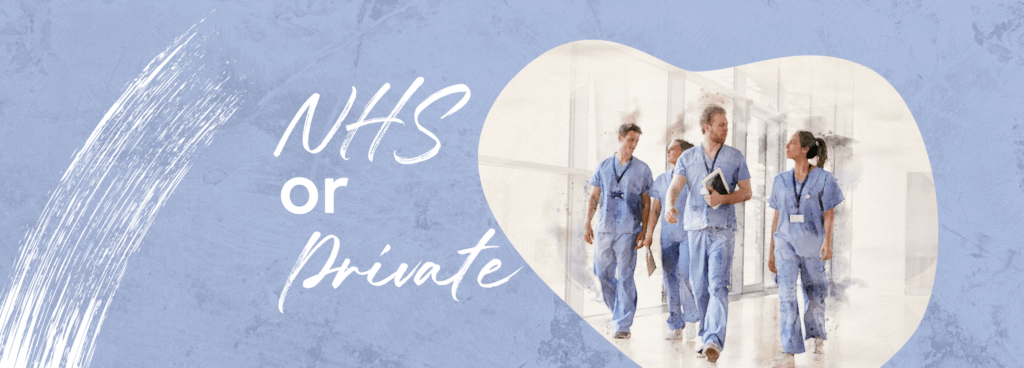This year, more than ever, mental health has been at the forefront of conversation due to the coronavirus pandemic. But, despite this, in August the BBC reported that NHS leaders saw a rise in mental health difficulties, but a drop in referrals to mental health services during the peak of the pandemic. As the crisis continues, demands on mental health services and professions are likely to see increased demand.
This isn’t an isolated issue for the UK or NHS. The WHO conducted a survey between June and August 2020 in 130 countries and although 89% reported that mental health support was part of their COVID-19 response plan, only 17% had additional funding. The WHO found that the majority of countries surveyed worldwide had found that COVID-19 disrupted these services.
Mental health professions like psychiatry, talking therapies and mental health nursing are likely to be stretched in the coming months. The Royal College of Psychiatrists warned that waiting times could increase further, despite already struggling to keep up with demand before the pandemic. However, mental health has been set as a priority in the NHS Long Term Plan with commitment to expand the workforce and invest in facilities, through £2.3bn of investment a year by 2023/2024.
That’s why this year’s World Mental Health Day is more important than ever. The awareness day is an annual occurrence on the 10th October and this year the World Federation for Mental Health has set the theme of ‘mental health for all.’ The theme is more relevant than ever before, highlighting the importance of access and investment in mental health services, particularly with the ongoing global crisis. This is as well as the importance of supporting one another through this time of uncertainty and change, even when we can’t always physically be together.
Throughout the Coronavirus pandemic we’ve worked closely with our candidates, spanning across all areas of healthcare as well as education, helping us to understand what it’s like for those on the frontline.
We’ve collated some of the latest resources and sources of information available for teachers and healthcare staff to support mental health at work.
Support for healthcare staff
It’s crucial that mental wellbeing is for everyone, including those that provide healthcare services. The NHS has launched additional health and wellbeing support for staff. This includes confidential support by phone and text as well as free access to a number of apps. Virtual staff common rooms have also been developed to creative a safe and supportive space to connect with colleagues and share experiences. Each ‘common room’ is confidential and hosted by an approved practitioner with no more than 10 participants.
Support for teachers and schools
With schools being closed for so long, children’s mental health support is needed more than ever. This is something that has been championed by Dr. Alex George, who tragically lost his 19-year-old brother to mental health in July. This week he appeared on national television to advocate mental health becoming part of school curriculum.
Teachers are a key provider of support for children, although it’s key to remember that this also involves protecting and caring for their own mental wellbeing. The Mental Health Foundation has released a guide for teachers to create ‘mentally healthy schools,’ which includes tips and resources for use in school settings.
Although mental health services may be stretched, the NHS is here to support you. Find out how to access support on the NHS website.
Want to get involved? The WHO is holding the Big Event for Mental Health this Saturday on their social media channels, bringing together celebrities and mental health advocates online.
See how we’re getting by involved following us on LinkedIn and Twitter.
Join the conversation with the hashtags #MentalHealthForAll and #WMHD2020.



